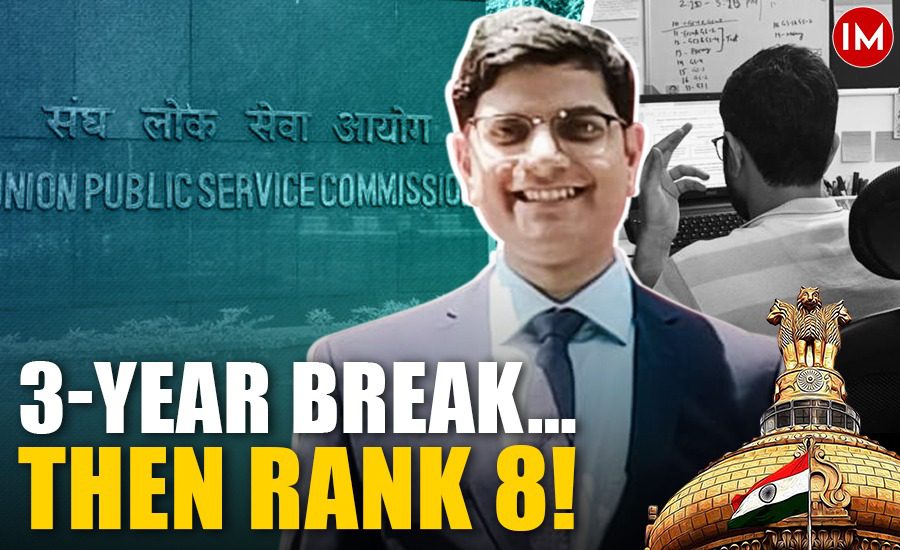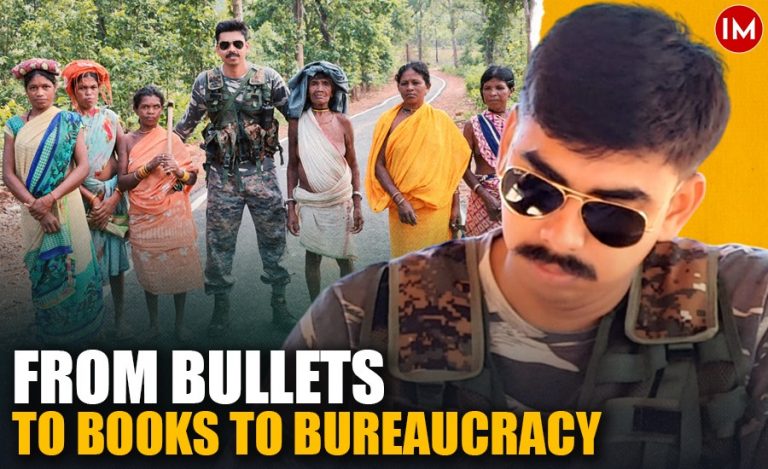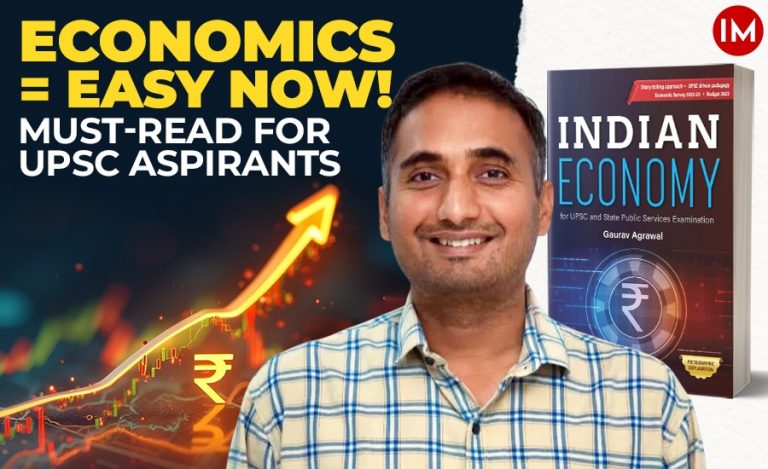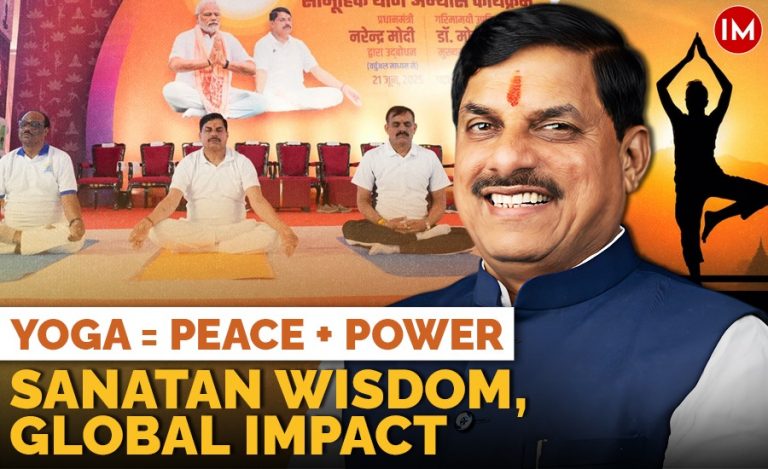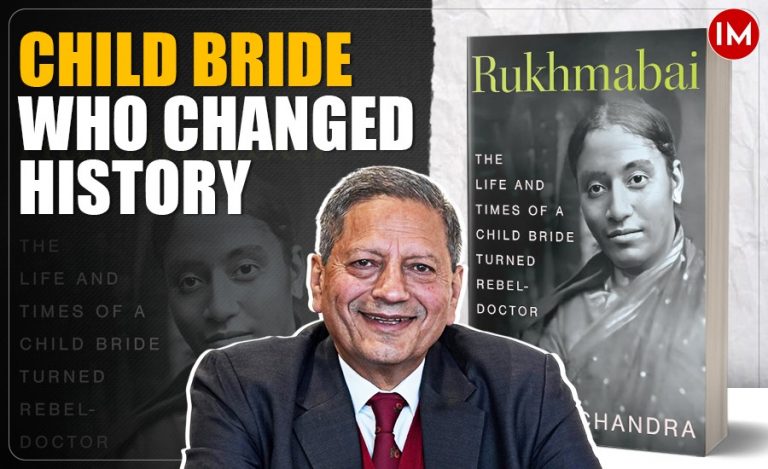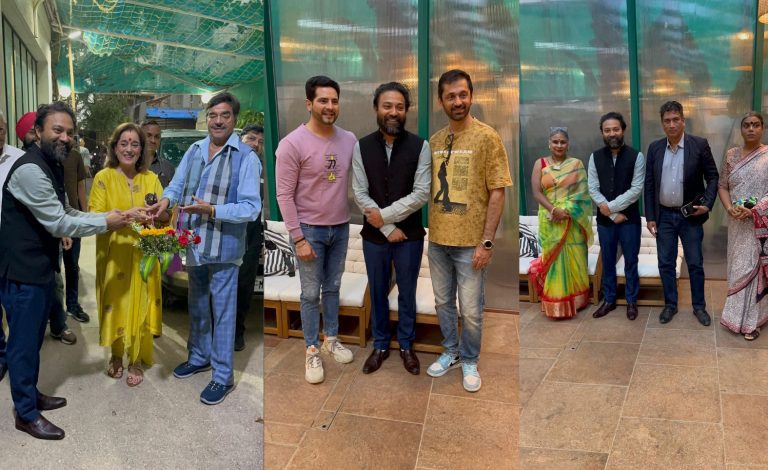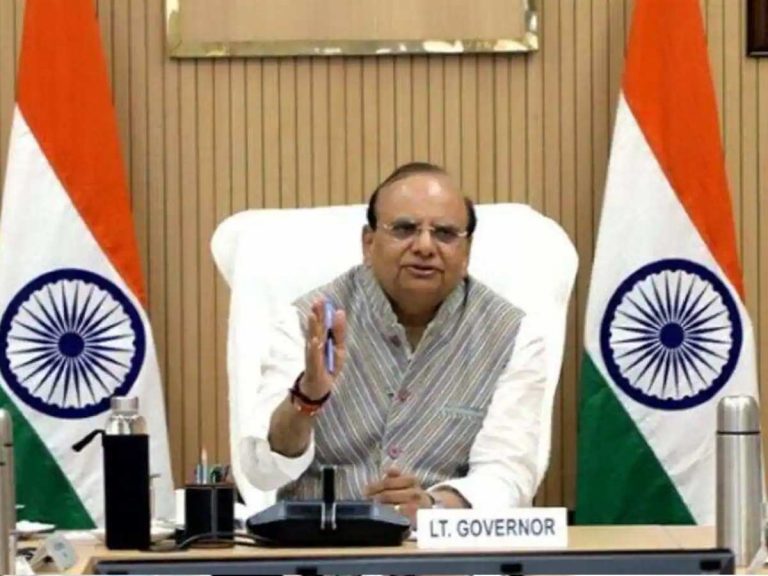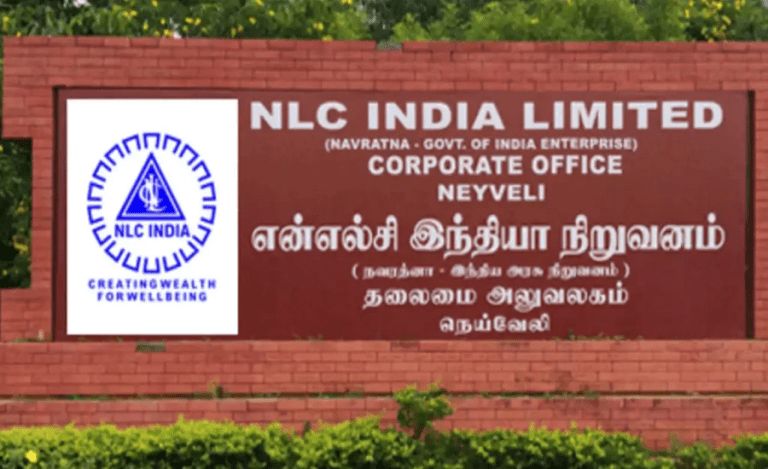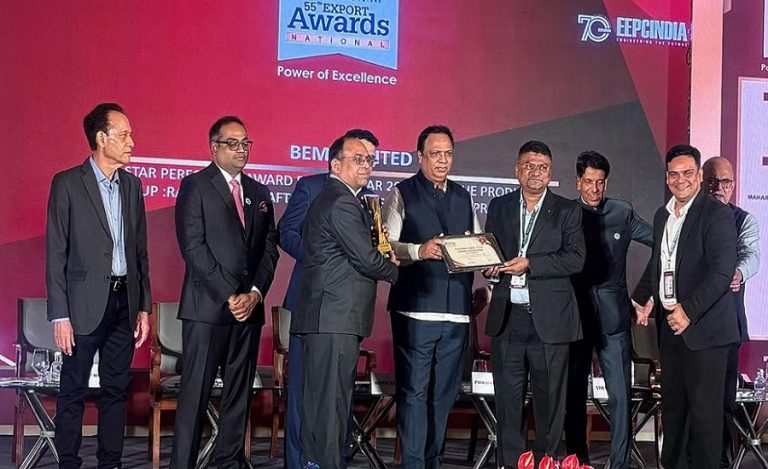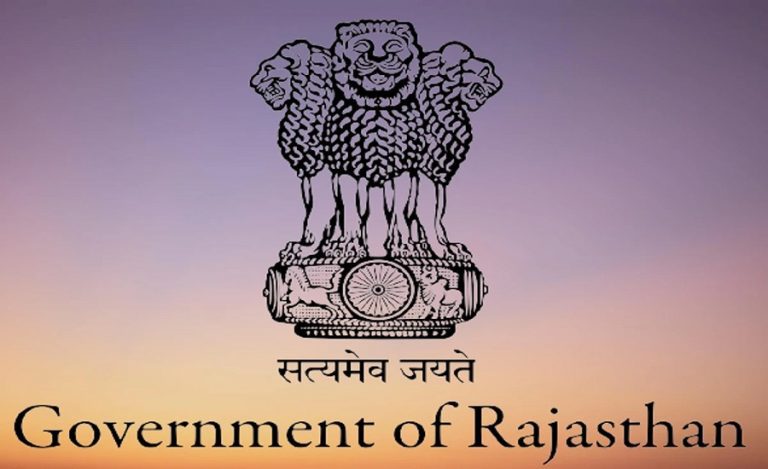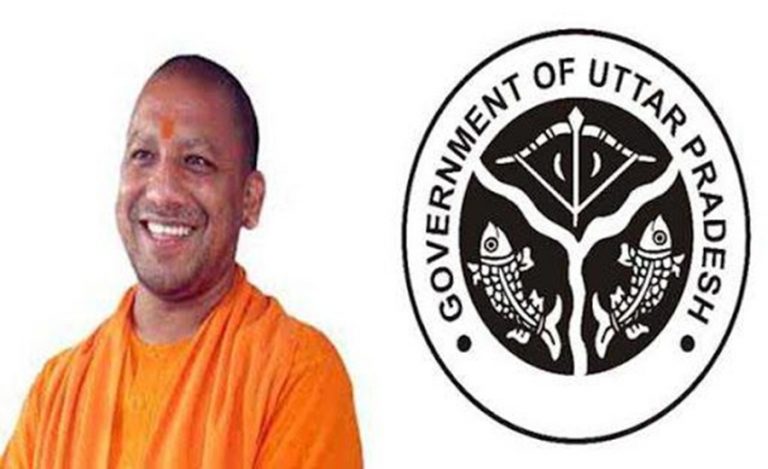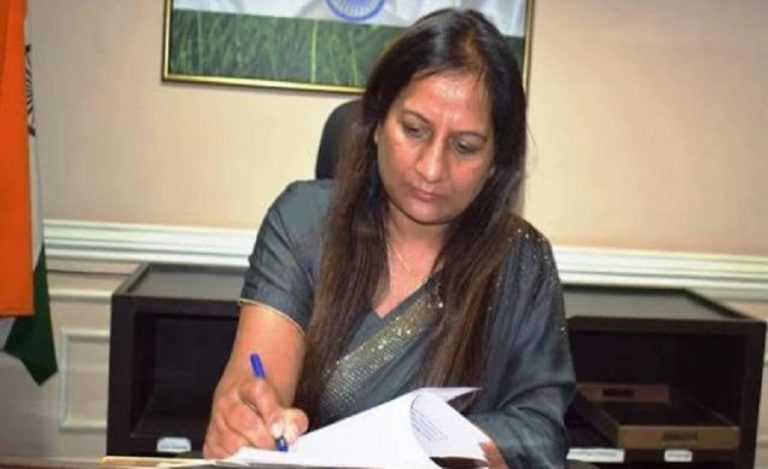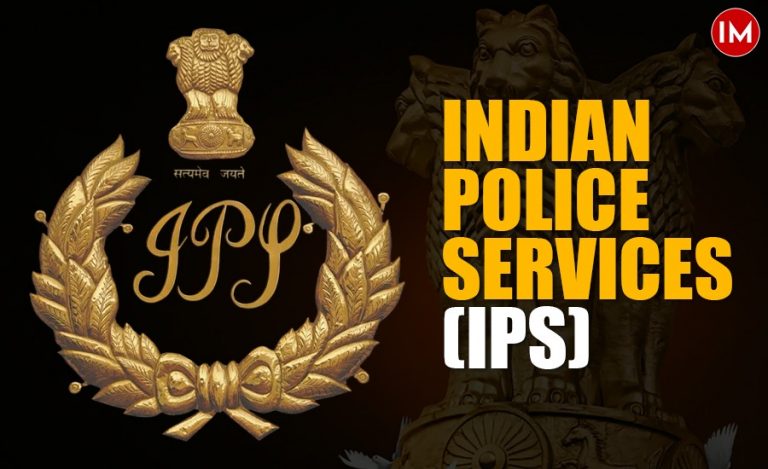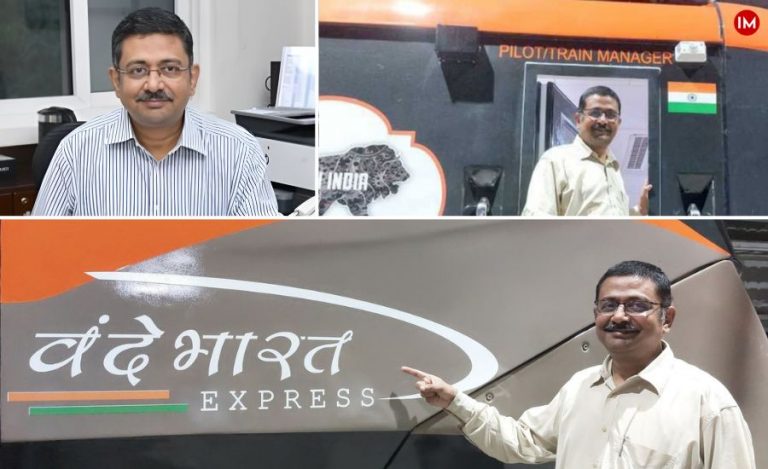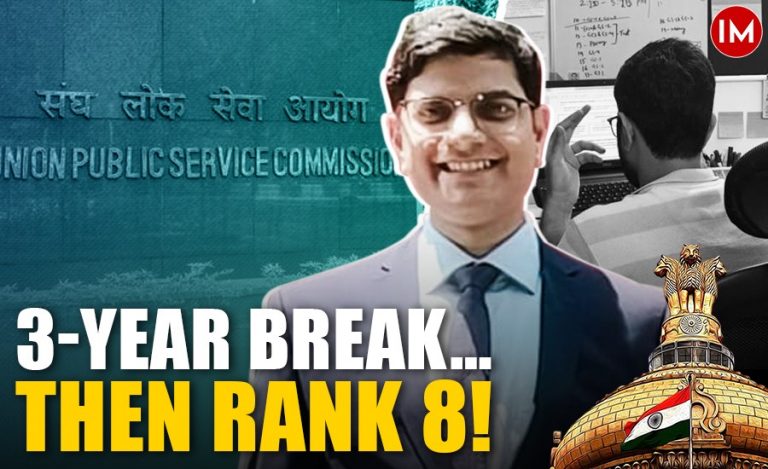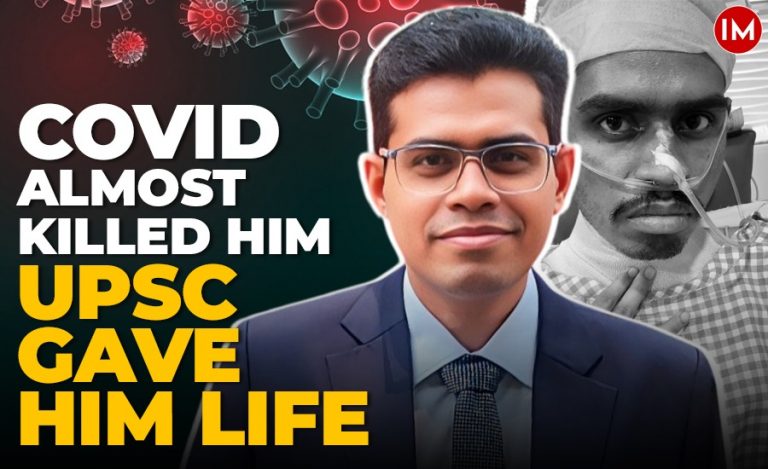In a system that tests patience, adaptability, and intellect, Sanish Kumar Singh’s journey to securing All India Rank 8 in the UPSC Indian Forest Service (IFS) Examination 2024 stands out—not for overnight success, but for a deep commitment to personal growth, thoughtful strategy, and a willingness to begin again after each setback.
Born in Gahmar village in the Ghazipur district of Uttar Pradesh, Sanish grew up with the ethos of discipline and service instilled in him early on. His father served in the Indian Army, a career path also followed by his elder brother. Constant relocations across India shaped his ability to adapt and learn quickly — qualities that would later play a crucial role in his UPSC preparation.
“My education was entirely through Kendriya Vidyalayas, across cities like Nagpur and Bhuj. Before that, I studied in my village till class two,” Sanish shared with Indian Masterminds. His academic journey led him to NIT Surat for a B.Tech in Civil Engineering, followed by an M.Tech in Structural Engineering from IIT Bombay. It was during his time at IIT that the idea of public service began to solidify. “Watching my father and brother serve in the Indian Army made me reflect — how can I contribute to the country in a meaningful way?”
Sanish’s first attempt at the Civil Services Examination (CSE) came in 2017. Over the years, he appeared in six CSE prelims and wrote two mains but never made it to the final list. The IFS 2024 selection came on his fifth attempt at prelims, but it was his first attempt at the mains and interview — a breakthrough in every sense.
A CHANGE IN APPROACH
Unlike his earlier attempts, where he relied heavily on vast reading, Sanish focused this time on precision and consistency. “I realised I wasn’t doing enough previous year questions analysis. I shifted from collecting materials to consolidating them and revising deeply,” he explains.
Joining a discipline-focused test programme that required candidates to write tests at 7:00 AM became a turning point. “That routine forced me to start my day early and treat the test like the real exam. It changed my tempo entirely.”
Another major shift was in his answering style. In earlier mains attempts, he tried to fill all pages, thinking that quantity would be rewarded. But for the IFS mains, he chose clarity over length. “If it’s a 10-marker, I wrote for one and a half pages. If it’s a 15-marker, two pages—even if three were provided. That allowed me to finish the paper calmly and keep my responses structured.”
MASTERING NEW SUBJECTS IN 45 DAYS
Having Political Science and International Relations as his optional in CSE, Sanish faced a daunting task: mastering Geology and Forestry from scratch in less than two months.
“I devoted 30 out of 45 days to Geology. It’s a dense subject, but I broke it down into 12 themes and allocated two days per theme, followed by two full revisions. The focus was on understanding past-year questions and prioritising core areas,” he says.
For Forestry, he relied entirely on topper notes, especially those shared by Apoorv Dixit (IFS 2021). He further shared that he didn’t write his own notes. “I just scribbled around the PDFs I had printed. It saved me immense time and energy.”
His scores reflect the strategy’s success: 260/400 in Geology and 210/400 in Forestry — a solid performance, particularly given the limited preparation window.
MANAGING WORK, LIFE AND A FINAL ATTEMPT
By the time he gave his final attempt, Sanish had already spent five years working in the corporate sector. Married and employed as a Data Engineer at HDFC Bank, balancing work and preparation was no easy feat. “I had exhausted 5 CSE attempts. For this final shot, I took a year off to focus completely.”
Post-mains, he resumed work and began preparing for the IFS interview simultaneously. Limited hours didn’t stop him from making meaningful progress. He and another aspirant conducted daily peer interviews using previous transcripts. “We’d pick a question daily and grill each other. That helped build both subject depth and communication clarity.”
Mock interviews, though helpful for practice, came with caveats. “Some panels get overly critical. It’s better to take only a few — just enough to gain confidence without trying to overhaul your personality.”
The real interview, he says, was much more humane. “The board was conversational. The chairman opened with a joke about missing Surti Locho from my NIT days. That instantly made me feel at ease.”
FACING FAILURE, FINDING PERSPECTIVE
Despite being academically bright — in the top 5 at College — repeated failures in CSE were a reality check. “UPSC can humble you. I wasn’t used to not succeeding. Reading the same content year after year, without visible progress, became mentally taxing.”
In 2020, personal and financial circumstances prompted him to pause. He transitioned fully into the corporate world. Sanish had to prioritise stability. But after three years, the dream returned. He was doing well professionally, and that gave him the confidence to try one last time — without fear of the outcome.
Starting again after years of coding and zero writing practice was tough. When he first sat for a 3-hour test, he couldn’t complete a paper. From there to writing mains again was a big leap.
What made the difference this time was not just strategy but state of mind. “I was calmer, more accepting of failure. That helped me focus on what mattered.”
BEYOND ACADEMICS
A firm believer in maintaining physical and mental well-being, Sanish ensured fitness and downtime were non-negotiable. “I played table tennis regularly and jogged every morning. Your body and mind need to be in sync for this kind of preparation.”
He also credits his wife’s support for keeping things balanced. “When both partners are working and one is preparing, it’s important to give time and space to each other. That helped a lot in staying grounded.”
MESSAGE TO ASPIRANTS
As the UPSC CSE prelims 2025 results are declared, Sanish has a simple yet powerful message: “Treat your next attempt like your last. That urgency changes how you approach everything.” He urges aspirants to not wait to ‘complete’ their syllabus. Start writing. Thinking on paper is a skill that only develops with time.
And for those struggling with repeated failures, he recommends stepping back, if needed. “A temporary detour — like work or a side project — isn’t abandoning the dream. It can rebuild your confidence. Just don’t let it become permanent unless you truly want it to.”
In a system where most success stories are framed around perseverance alone, Sanish Kumar Singh’s journey underscores something deeper — the importance of timing, adaptability, and knowing when to pause and when to return.
His final words linger:
“If you want it badly enough, you’ll find a way — even if it’s not the straightest path.”

